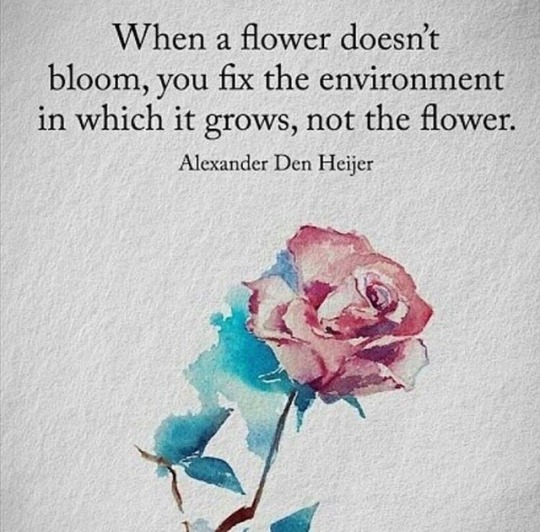Some of you may be struggling with having a family member or friend with anxiety, depression, or some other mental health issue. If you are someone who hasn’t had a mental health issue yourself, it can be hard sometimes to completely understand what he or she is going through. This is something I have struggled with myself, as my brother was diagnosed with anxiety and depression.
For so long I had such a hard time understanding that the anger and stress that was directed to me from my brother was because of his anxiety. I had thoughts like, “why can’t he just calm down?” or “it really isn’t a big deal, I don’t know why he’s freaking out.” I had all sorts of thoughts like that and frustrations wondering why he couldn’t just get past certain things that were going on in his life. 
It was such a struggle getting his anxiety and depression under control and although my brother did a good job of hiding it from his peers, after a while, they began to notice. Anxiety attacks at school, depressing thoughts that he shared with his close friends, and other behaviors they had noticed, led his group of friends to completely abandon him. They did not understand that it was anxiety and depression he was dealing with and because they didn’t understand, they had very little compassion. People started ignoring him, not inviting him to certain things, and made fun of him, which in turn ramped up his anxiety and depression that was already dealing with. My parents tried to talk to these other kids’ parents and explained what was going on but since mental health issues are not as widely talked about as they should be, they did not care to understand the struggles my brother was facing. My brother lost all of his friends in a matter of months because of the issues he was dealing with and because his friends did not understand what he was going through. To a lesser degree, I could not fully understand what was going on but I wasn’t going to abandon my own brother. This is the point I am making to you guys.
If you have someone you are close with who is struggling with a mental health issue, do not abandon them – help them, by trying to understand what it is they are struggling with whether it is an eating disorder, depression, anxiety, bipolar disorder, etc. Whatever it may be, learning more about the mental health issue will give you a better understanding as to why they are acting the way they are and it will give you the tools to know how to react when your friend is having an anxiety attack or telling you they are having depressing thoughts or you see your friend refusing to eat. Do not abandon them – that is the last thing they need. I have come up with a few tips for you if someone you are close with is dealing with a mental health issue:
- Do some basic research on the mental health issue. The National Institute of Mental Health has a lot of clear information on different mental health issues
- Go with your friend/family member to their therapist or psychiatrist and have a session where you can express your feelings and ask questions you have.
- Be patient with them.
- Keep spending time with them and let them know you are someone they can trust.
- If they aren’t getting help for themselves and things are getting progressively worse, talk to someone whether it be a parent, your RA, or on campus Health Services.
If you need to know how to help a friend with mental health problems, these are a good place to start. Share with me in the comments other strategies you’ve used – including things to say and not say- in the comments below!
By: Jenn Bradley, AIT Contributor